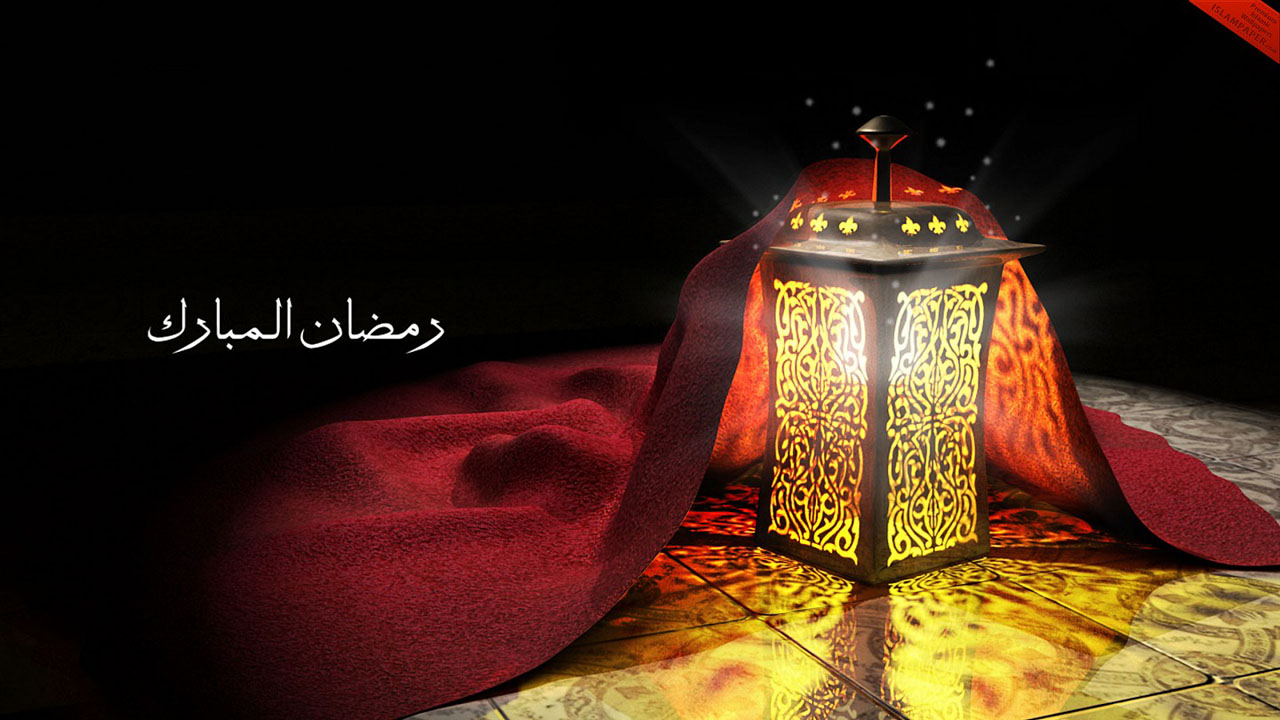How to Handle Ramadan Headaches?
Many people who observe fast in Ramadan suffer mild or moderate headaches because of factors such as change in sleep patterns, caffeine withdrawal, hypoglycemia and the stress of fasting itself. The holy month of Ramadan is religious practice of Muslims all over the world which they do annually. During this time, Muslims fast from dawn to dusk and abstain from drinking, eating and smoking for 29 to 30 days.
According to prospective study that was carried out at University of Malaya (before two months of Ramadan and after one month of it), fasting in Ramadan is a significant cause of headache. Headache normally starts in afternoon or evening just before the iftaari time. Its frequency normally increases over the duration of fasting. People who are prone to headaches at other times of the year are most likely to suffer headaches in this month. But there are some patients who experience headaches during Ramadan have no history of migraines and headaches. But you do not have to worry about it as you can manage these headaches or migraines without breaking your fast in Ramadan.
How to Eliminate Headaches from your Fasting During Ramadan?
Many doctors highlight caffeine withdrawals as the most common cause of headaches while fasting. Patients can prevent headaches by reducing consumption of caffeine in the weeks leading up to this blessed month. By taking a strong cup of tea or coffee at Suhoor time can prevent caffeine withdrawal headache.
Low blood sugar (hypoglycaemia) can also cause headaches. If you take meal with high sugar content at Suhoor time, it can cause rapid increase in blood sugar levels which leads to headache. Eating low sugar content meal at Sehri time prevents the headache during the day. Dehydration is another cause of headache and adequate intake of liquid at Suhoor time can often prevent headaches.
As we know that human brain is more than 75% water and when the brain detects that the amount of water supply is too low, it starts to produce histamines which directly cause fatigue and pain which leads to headache. In case your headaches continue even after Ramadan or are severe in nature then you are advises to seek help from your doctors.



